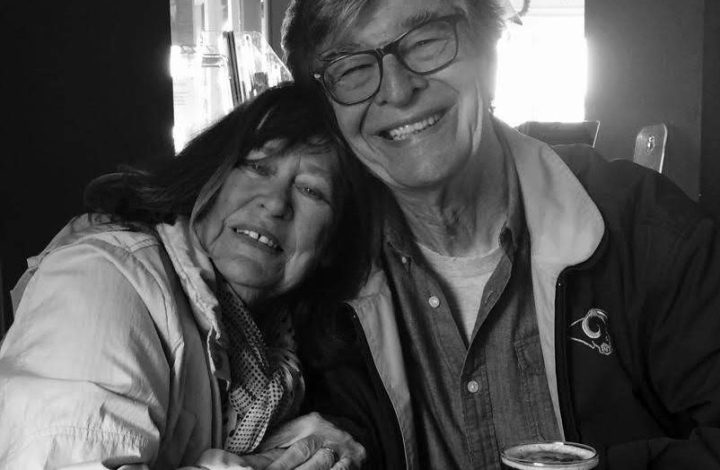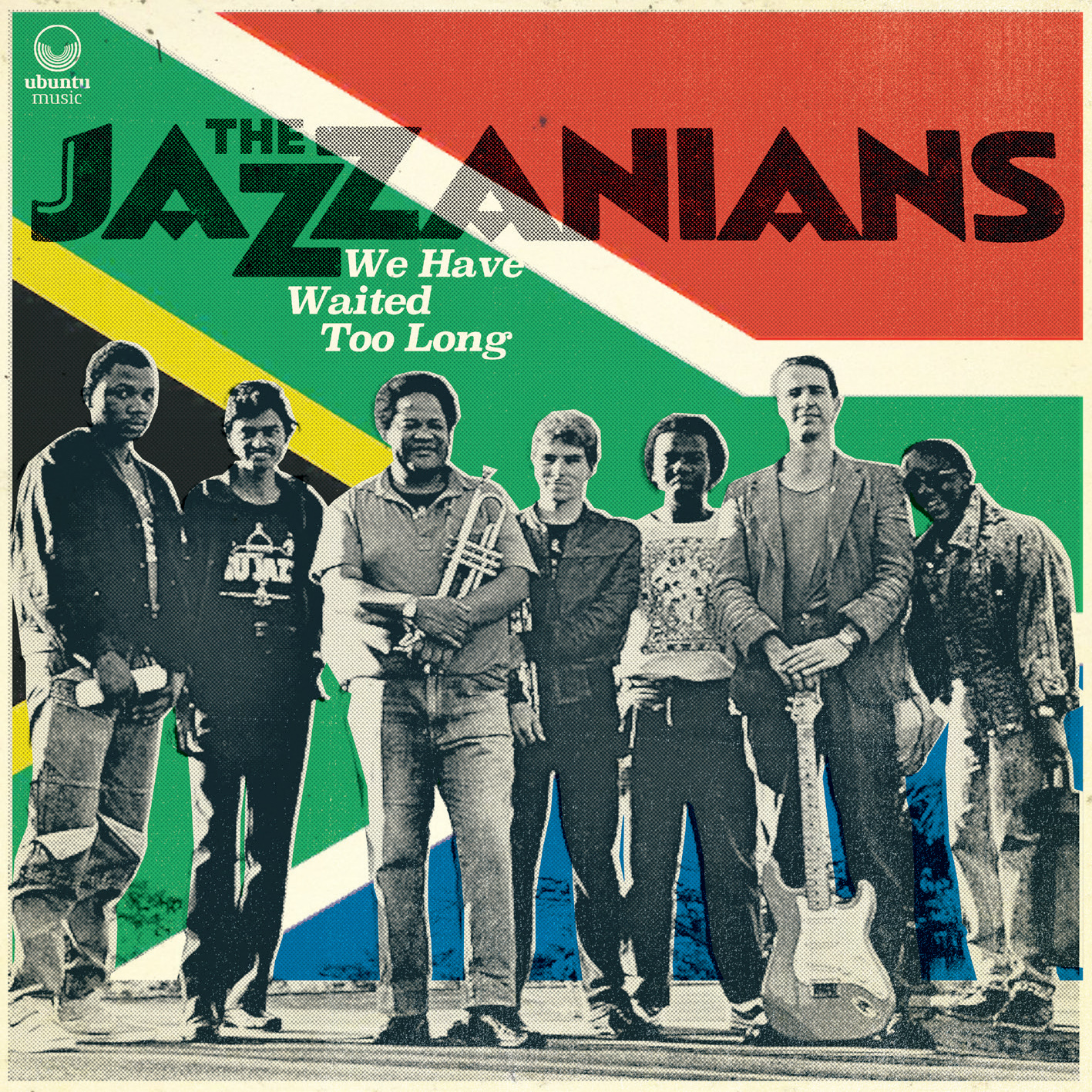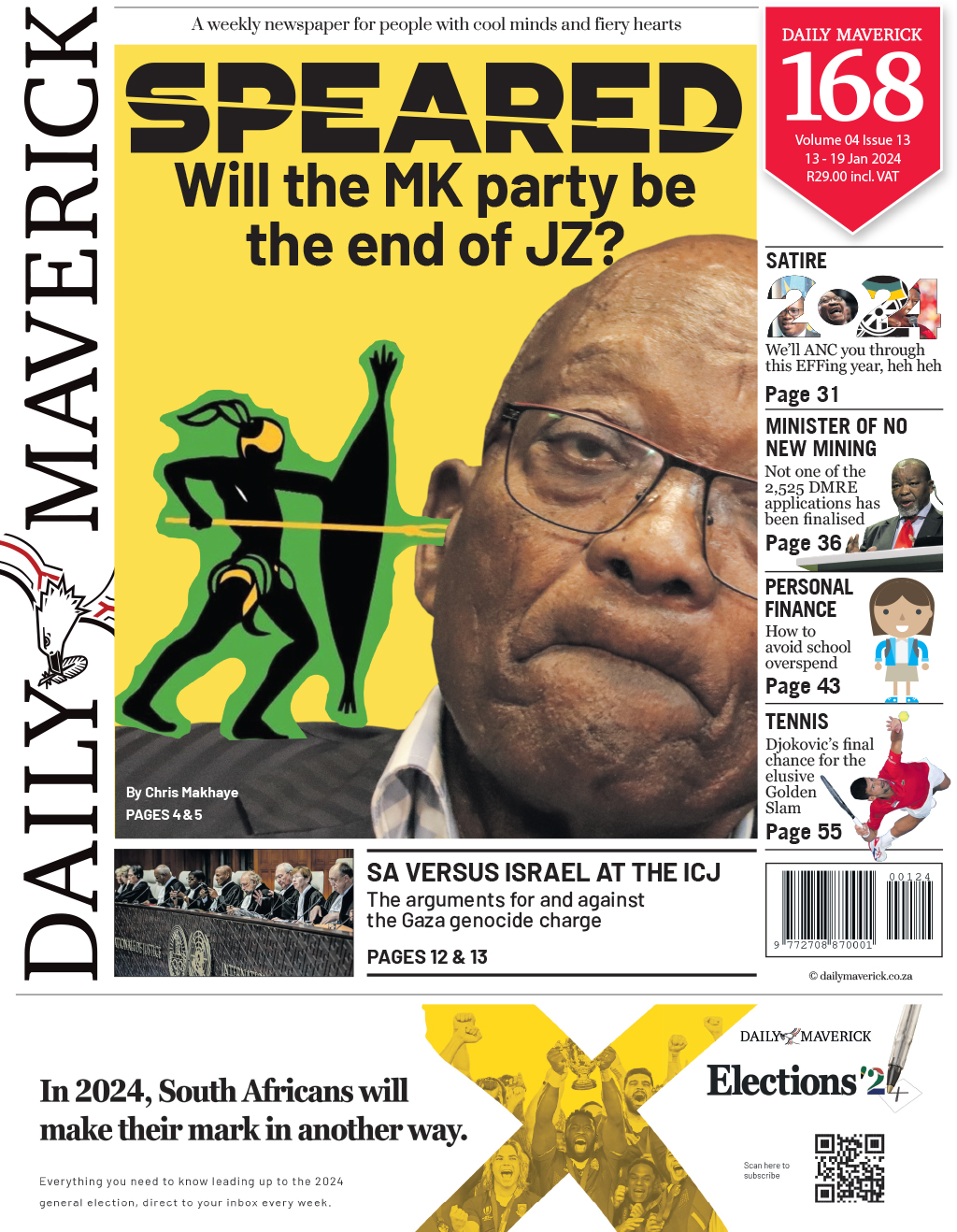BOOK REVIEW: PLAYING THE CHANGES
KZN’s apartheid-resisting jazz pioneers riff on resistance and freedom’s form

Improvisation can be an act of rebellion, as Catherine and Darius Brubeck attest.
At its heart, jazz can be said to be a revolt against the staid structures of the norm and the prescribed, a vital reaction against restrictive and oppressive systems. Improvisational in spirit, it is a potent expression of creativity in action, questing the new, the unknown.
During apartheid, improvised music became emblematic of the struggle against an authoritarian regime. Recognising jazz’s essence of unfettered freedom as symbolically threatening to its own fascist nature, the government pounced, drawing up laws and employing police violence to stifle it, periodically banning performances.
While jazz’s musical adventurousness and experimental nature were offensive to its hyper-conservative ears, what the then government feared most was that it brazenly flouted adherence to rules, particularly the totalitarian legislature so crucial to its successful apartheid governance; that, and the fear that its perceived hedonistic spirit would invite (or, in its paranoid language, incite) interracial fraternisation or worse. The Groot Krokodil, as PW Botha was known, was much vexed. Jazz was evil.
Enter Darius and Catherine Brubeck. In their fascinating and historically significant book, Playing the Changes [UKZN Press], the two authors recount the journey of setting up South Africa’s first jazz studies course, at the University of Natal (now UKZN) in 1983, and the aesthetic and political adventures, struggles and successes that ensued.
Darius is the son of iconic and hugely popular American jazz composer and pianist Dave Brubeck, and a widely respected jazz pianist and keyboardist in his own right. During Darius’s second visit to the country in 1982, which included performances of the Darius Brubeck Jazz Ensemble in Cape Town and elsewhere, he and wife Catherine met Chris Ballantine, then head of music at the university in Durban.

‘Playing the Changes’ cover.
Ballantine offered Darius a post at the university’s music department. Not then designated as a jazz post (jazz degrees were not yet offered anywhere on the continent), the idea was that once Darius had joined the department, he could set up a jazz studies course. Initially hesitant, having no master’s degree and not being an experienced teacher, Darius was also sensitive to political concerns.
Regarding “the moral compass of international sanctions versus the post”, Catherine suggested the two consult her exiled political friends and contacts in New York and London. The consensus was that political change in South Africa was inevitable and that universities were key sites of transformation.
As Darius notes: “It was a time fraught with challenges. Black students still needed permission to attend white universities and many potential students didn’t have the standard entry requirements or any funds. Improvised solutions included allowing talented performers to attend classes and it took some years to prove that this was a viable route to official qualification.”
While Darius was in charge of the music, academically and in practice, Catherine handled administrative issues, secured funding and would manage eventual tours, both locally and internationally.
Several chapters in the first half of the book are dedicated to detailing how the duo overcame – through a mixture of tenacity, optimism and improvisation – problems foreseeable and unforeseen, resulting, in their first year, in “a jazz blitz to find known and young musicians and donors”.
These chapters, while occasionally bogged down by academic lingo – acronyms stretch to the horizon – are insightful and interesting in their accounts of the bureaucratic nightmare of apartheid-era academia, and often amusing and touching in their triumphs big and small.
Indeed, the title Playing the Changes refers both to the jazz practice of improvising over a given chord progression, and how Darius and Catherine’s endeavours at the university took place during, and formed part of, the radical political changes South Africa would go through.
Vital musical development
I asked Catherine about the conception of the book: “Darius’ mother, Iola Brubeck, kept every letter, programme, photo, news clipping, leaflet we sent from South Africa to Dave and Iola in Connecticut and she urged us to write a book every time we saw her.
“She and Dave found all the stories quite compelling and enjoyed meeting the many students they hosted. They also became friends with Victor Ntoni, Barney Rachabane, Zim Ngqawana and many others, including members of The Jazzanians, the first multiracial student band we took to the States in 1988.”

‘The Jazzanians’ cover, 1987. From left, Zim Ngqawana, Melvyn Peters, Johnny Mekoa, Nic Paton, Victor Masondo, Andrew Eagle and Lulu Gontsana.
“The conception of the book was way ahead of any actual writing, which really started in earnest in 2017, thanks to a generous residency grant from the Stellenbosch Institute for Advanced Study.”
Playing the Changes soon becomes truly engrossing as it traces the musical adventures of the fledgling department’s students during their experientially rich and academically rewarding tours in America and Europe, and offers unique insight into the formative – or otherwise crucial – phases of development of the likes of the inestimable Ngqawana and other seminal jazz musicians such as bassist Ntoni, who would later play with Hugh Masekela; drummer Lulu Gontsana, who would play with Abdullah Ibrahim and Bheki Mseleku; brilliant pianist and keyboardist Melvin Peters; celebrated guitarist Sandile Shange; and drummer extraordinaire Kevin Gibson.
Two chapters are devoted to The Jazzanians, the student group whose tour of America in 1988 brought significant attention to the university’s jazz studies course and led, crucially, to significant sponsorships and scholarships, among them Ntoni’s invitation to study at the Berklee College of Music in Boston, Massachusetts, and Ngqawana’s scholarship at the University of Massachusetts, under Max Roach, where he also studied with legends Yusef Lateef and Archie Shepp, an experience which would vitally inform his incendiary evolution.
Asked what favourite memories popped up while preparing the book, Catherine says: “Sifting through 23 years of material, the fondest … memories were times spent with musicians at university and on the road … The Jazzanians in New York and Detroit; Rachabane at the Vatican; a rehearsal with the ‘brothers’ (Ezra Ngcukana, Duke Makasi, Tete Mbambisa, Ntoni and Gontsana), which stopped to hear FW de Klerk unban the ANC and announce the release of Nelson Mandela; sailing up the Rhine with the student band NU Jazz Connection.
“Seeing articles about the first graduates with diplomas, degrees and masters in jazz studies, and creating the Centre for Jazz and Popular Music on campus in 1989.”
Playing the Changes is full of insightful, fond and often quirky anecdotes from a veritable array of significant students of the pioneering jazz studies course.
Brimming with information, the book (whose narrative, split between Darius and Catherine, offers us two intellectual and emotional perspectives) is a rich document of a hugely important and dynamic time in our country’s history, and a touching testament to the triumph of creativity over the mundane, courage over adversity, and the seminal role and essential character of music in our history and identity.
Indispensable to music students, Playing the Changes is a must-read for lovers of jazz and anyone interested in our history. DM
This story first appeared in our weekly Daily Maverick 168 newspaper, which is available countrywide for R29.
This story was slightly edited on Tuesday 23 January 2024.




















 Become an Insider
Become an Insider
Actually I like to listen to Jazz it makes me relax
The article is very insightful. Well written and motivates one to want to read the book. The book sounds as though it will form a vital link in documenting the history of artistic struggle, which unfortunately is an ongoing one.